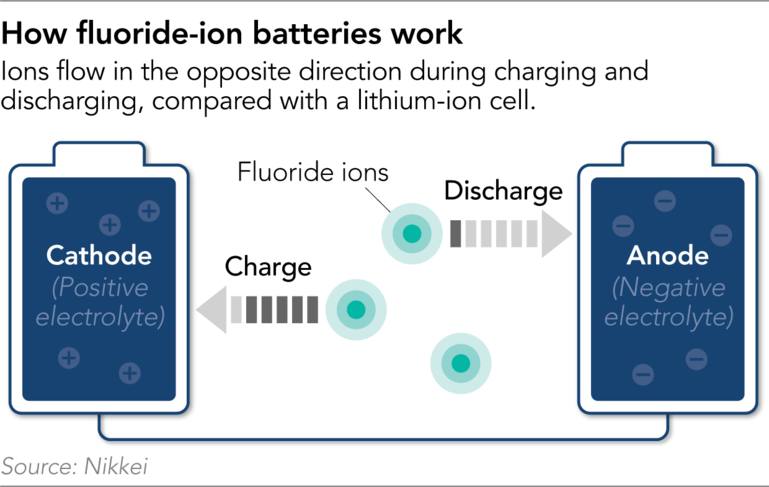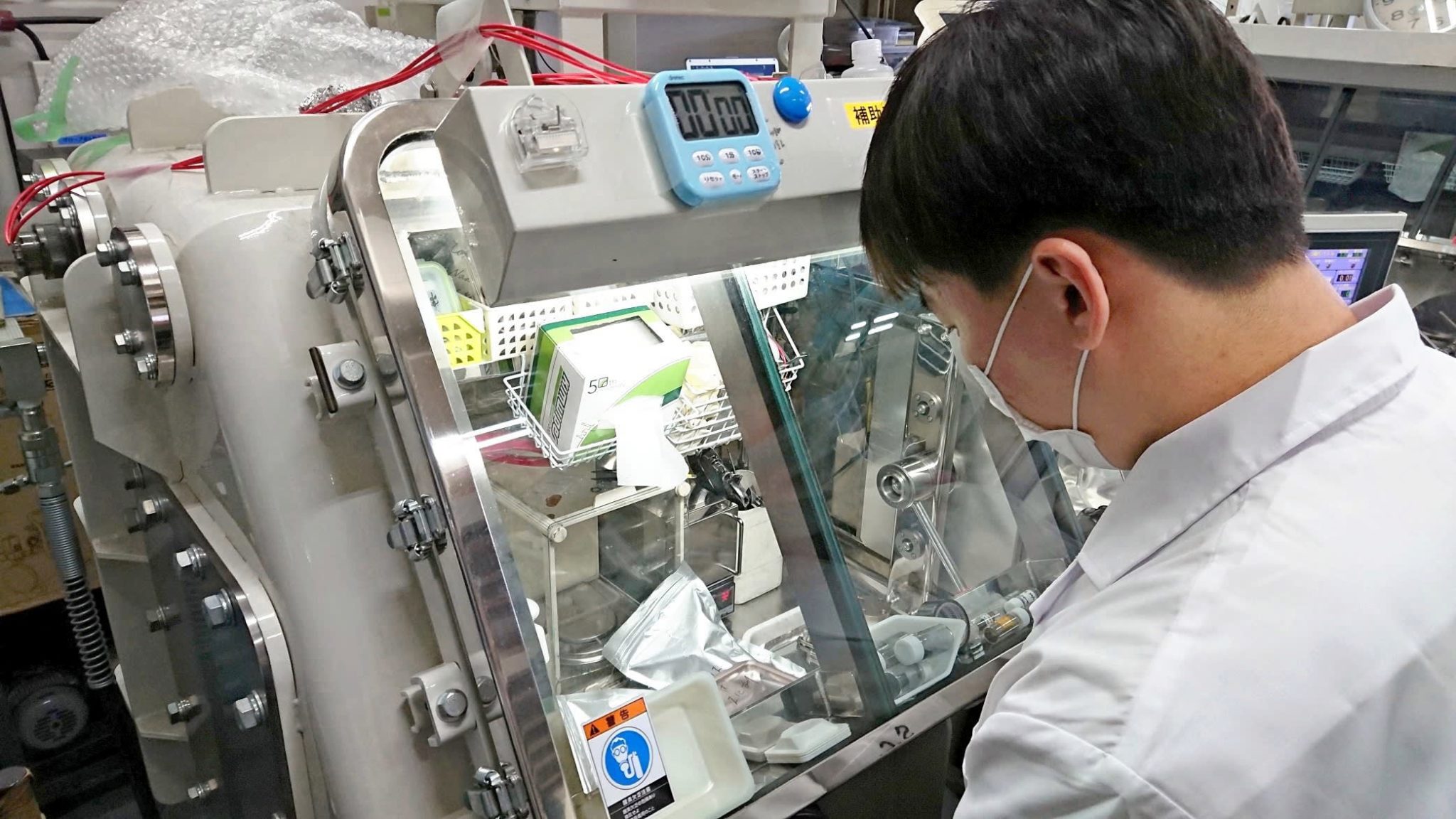A team of researchers from the University of Kyoto and Toyota has succeeded in developing a fluoride ion battery capable of storing up to seven times more energy per unit weight than a conventional lithium-ion battery, which on paper would allow the commercialization of electric cars with more than 620 miles of autonomy per charge.
The research team led by Yoshiharu Uchimoto, a professor at Kyoto University, has turned to this chemistry because its theoretical energy density is much higher than that of lithium-ion batteries. The prototype’s anode is made up of fluorine, copper, and cobalt, while the cathode is made primarily of lanthanum.
On paper, the use of fluoride ion batteries could lead to the creation of smaller and lighter packs with a higher capacity than those currently used. This will not only improve the autonomy of electric cars but also reduce its weight (usually much higher than that of a combustion model) and expand the usable space of the passenger compartment.
One of the most interesting points of the project is that the researchers have chosen to use a solid electrolyte instead of an aqueous one, a technology for which Toyota is betting very strongly (although the brand will not commercialize its first reliable electrolyte batteries until the middle of the decade, they already has functional prototypes). Thanks to the use of a solid electrolyte, batteries can do without complex cooling systems.

The biggest problem with fluoride ion cells is that they only work at high temperatures, causing the electrodes to expand. However, researchers from the University of Kyoto and Toyota say that using an alloy of cobalt, nickel, and copper can avoid this problem.
In 2018, scientists from the Honda Research Institute, the California Institute of Technology and NASA’s Jet Propulsion Laboratory managed to operate fluoride ion cells at room temperature without heating them. Despite everything, some experts predict that there is still a lot of development ahead and that this type of battery will not reach the market until the 2030s.

